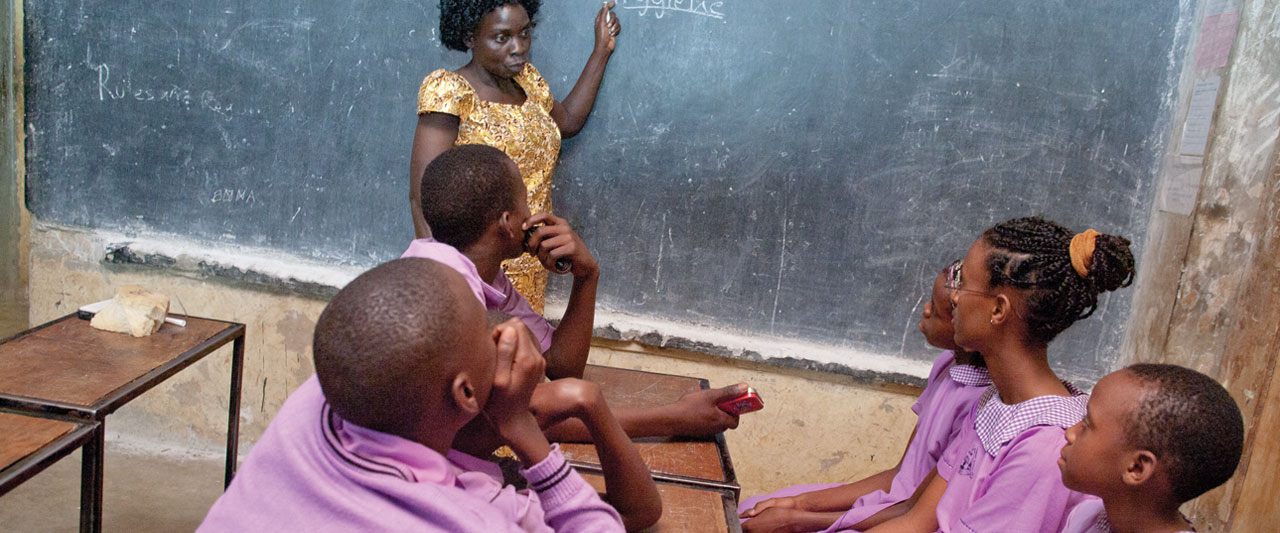A revised edition of the United Nations’ International Technical Guidance on Sexuality Education released last week includes significant new recommendations on abortion, as well as new evidence that shows comprehensive sexuality education reduces unintended pregnancy and unsafe abortion.
The updated guidance provides an opportunity for governments and civil society organizations to strengthen their sexuality education programs by integrating abortion content. Such content additions will help adolescents make informed reproductive health choices, in turn helping countries achieve the Sustainable Development Goals (SDGs) related to health and gender equity.
“Ipas welcomes this updated guidance, as it supports our commitment to work with global, national and local institutions to advocate for the inclusion of accurate, non-biased information on abortion in comprehensive sexuality education programs,” says Cecilia Espinoza, Ipas senior advocacy advisor.
Since its initial publication in 2009, the technical guidance has provided governments and organizations with concrete recommendations on the development of evidence-based sexuality education curricula. Previously, just one learning objective addressed abortion and the importance of connecting youth with safe services, but the updated guidance also:
- Lists unsafe abortion as one of the key issues affecting young people’s health and well-being;
- Points to evidence that omitting important topics like abortion in sexuality education will lessen its effectiveness;
- Calls for young people to receive information on the abortion laws and policies that affect them, the serious health risks posed by unsafe abortion, and the importance of advocating for laws and policies that support human rights;
- Recommends that curricula provide scientifically accurate and complete information, including on topics that are often considered sensitive or stigmatized, such as contraception, HIV/AIDs, sexual orientation, gender identity and abortion.
The updated guidance calls for curricula to “encourage young people to understand how they can and should play an active role in the decision-making around their care, for example by reflecting on the importance of informed consent, privacy and confidentiality; and learning about how existing legal frameworks support or hinder their ability to make decisions about their health.”
“It’s essential that young people have information about abortion, understand the laws in their context, and know how to access safe services,” Espinoza says. “This updated guidance is significant because it points to new evidence that abortion must be included in curricula for maximum effectiveness, and it provides concrete, human rights-based objectives for making that a reality.”
Related: Watch a short video about an Ipas Nepal project that provided women factory workers with classes on reproductive health and rights—including information on safe abortion. A project brief provides details on implementation.
For more information, contact [email protected]



